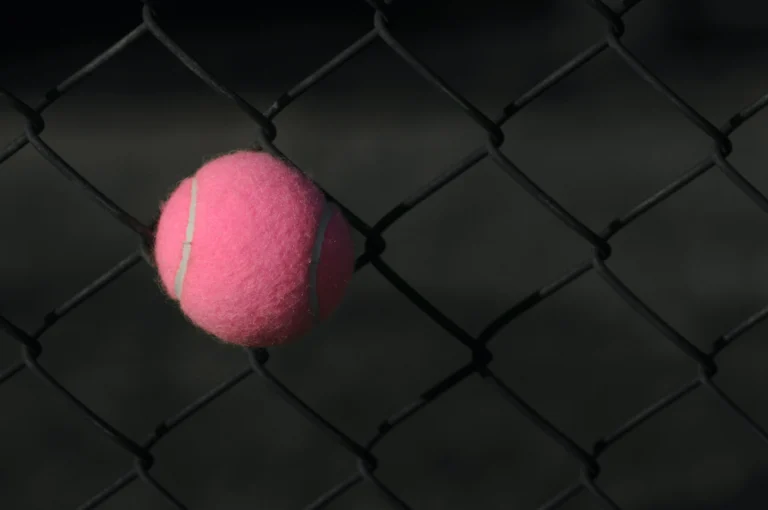We have all heard it, anything worth doing is worth doing well. We heard it as children and we probably have said it to others as adults.
But, is there room to do something badly?
According to some people, there is.
G. K. Chesterton was a prolific writer and Christian philosopher who lived in the late 1800s into the early 1900s. He lived in an era of intelligence and wit. He reportedly said, if a thing is worth doing it is worth doing badly. His advice seems intuitively appealing to us. It seems to hint at an element of freedom that resonates deep within us. We appreciate its irony – a Chesterton specialty. But how can we bring it into our lives? How can we make it make sense?
Here are my thoughts. We hold a false comparison in our heads that makes it difficult for us to reconcile these two ideas. How can something worth doing be worth doing both well and badly at the same time? We can’t imagine how they can co-exist. But they can. The trick is recognizing that the idea of ‘something worth doing’ in each one is different.
Doing things well is part of living responsibly with others.
Think about it. When we are children and learning the world of adults, doing things well is often taught to us as part the world of work and responsibility. When we admonish others that anything worth doing is worth doing well, we are typically referring to a task. The idea is that shoddy and inattentive work often means that we will have to do it again. Not only will we have to do it again, but we usually tell children that it will create a bad impression that we are undependable and irresponsible. In the work of work these are disagreeable attributes.
These are all good points for work. But there is more to life than that.
This is where our good friend Chesterton steps in.
The freedom to do things badly is the freedom to live as ourselves.
When Chesterton said anything worth doing is worth doing badly, he was talking about hobbies such as ice skating, not work. He was telling us that living our life in a way that brings us freedom, joy, and satisfaction was not dependent on the judgment of others. It was only important that it be valuable to us. If we were to skate badly, but with great joy, it is ok. Trust me, I have seen people invoke this privilege many times in karaoke bars.
Another commonly missed point is this. Doing something badly refers to the result, not the effort. We can be forgiven if a full, sincere, and well-intentioned effort does not achieve a perfect result. But we are less inclined to forgive a half-hearted effort that leads to the same. Unfortunately, we have perverted this today by praising all sorts of bad results that spring from being true to ourselves but that lacks a respectful regard for others. I am not sure all efforts are worth praise, especially when they come at the expense of others, but the importance we attach to the boundary between effort and result is meaningful to us.
Have you ever asked a group of small children if they can paint, run fast, or sing? Invariably they will answer, of course! They still live in a world of doing things badly, but with joy. They have not yet learned that they are not the fastest runner or the greatest artist. They still see themselves from the inside out, not the outside in. They have not yet shackled themselves with the judgments of others that constrain their view of themselves.
In the end, we can do things well when it is necessary and prudent, but we can also give ourselves permission to do things badly when we need the freedom to live fully as ourselves – whether it is in skating rinks or karaoke bars.




Responses